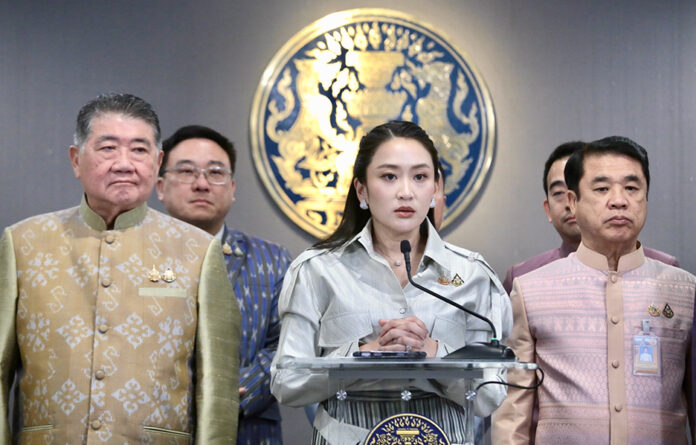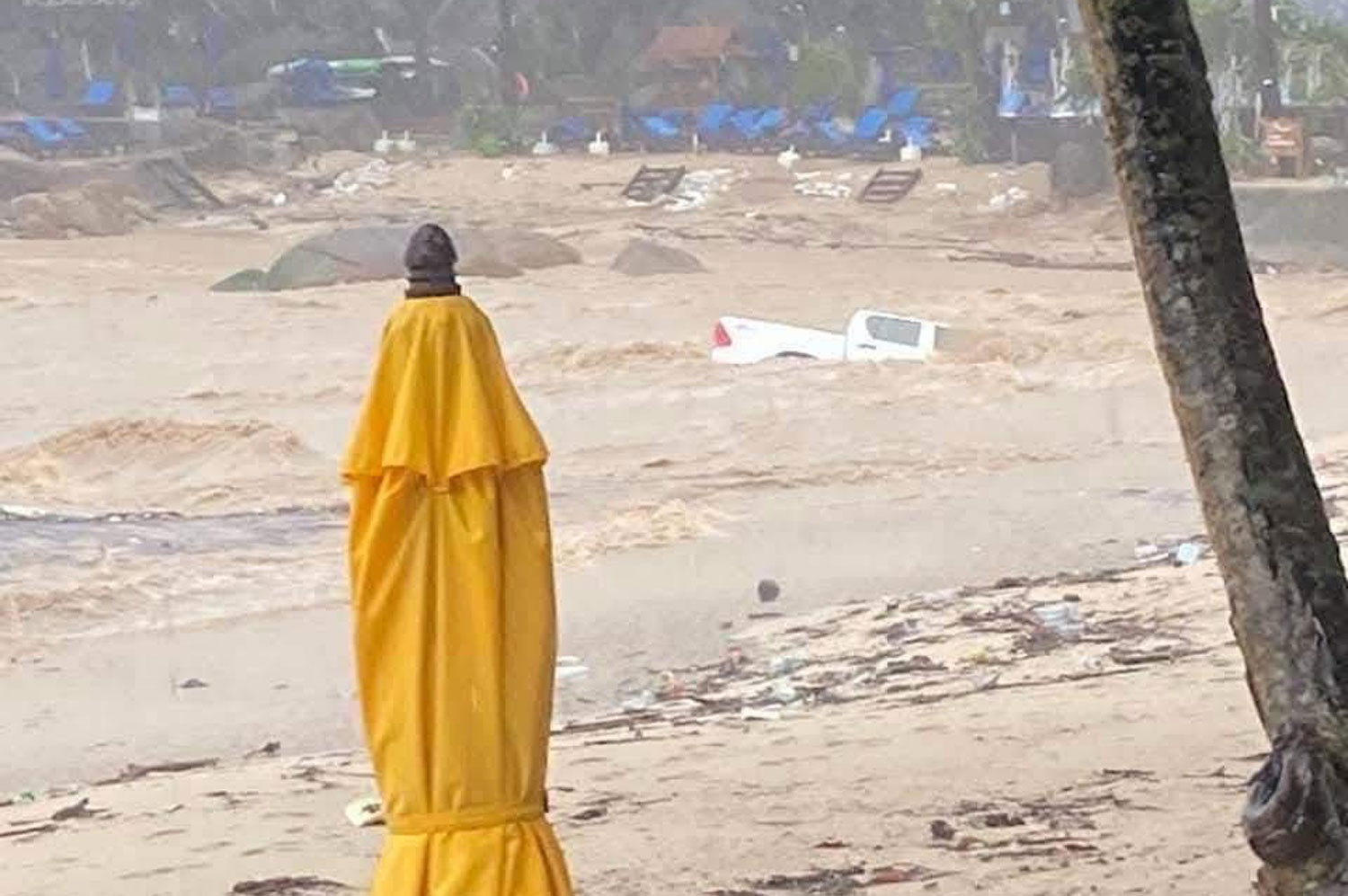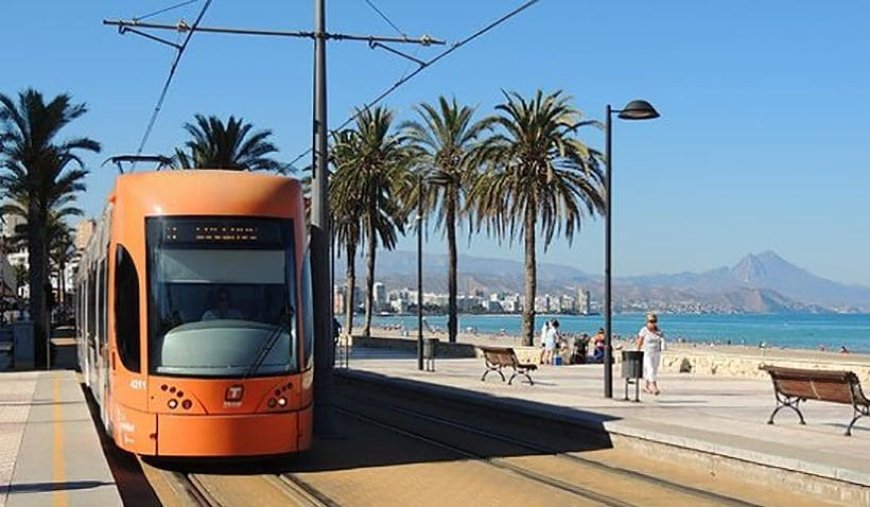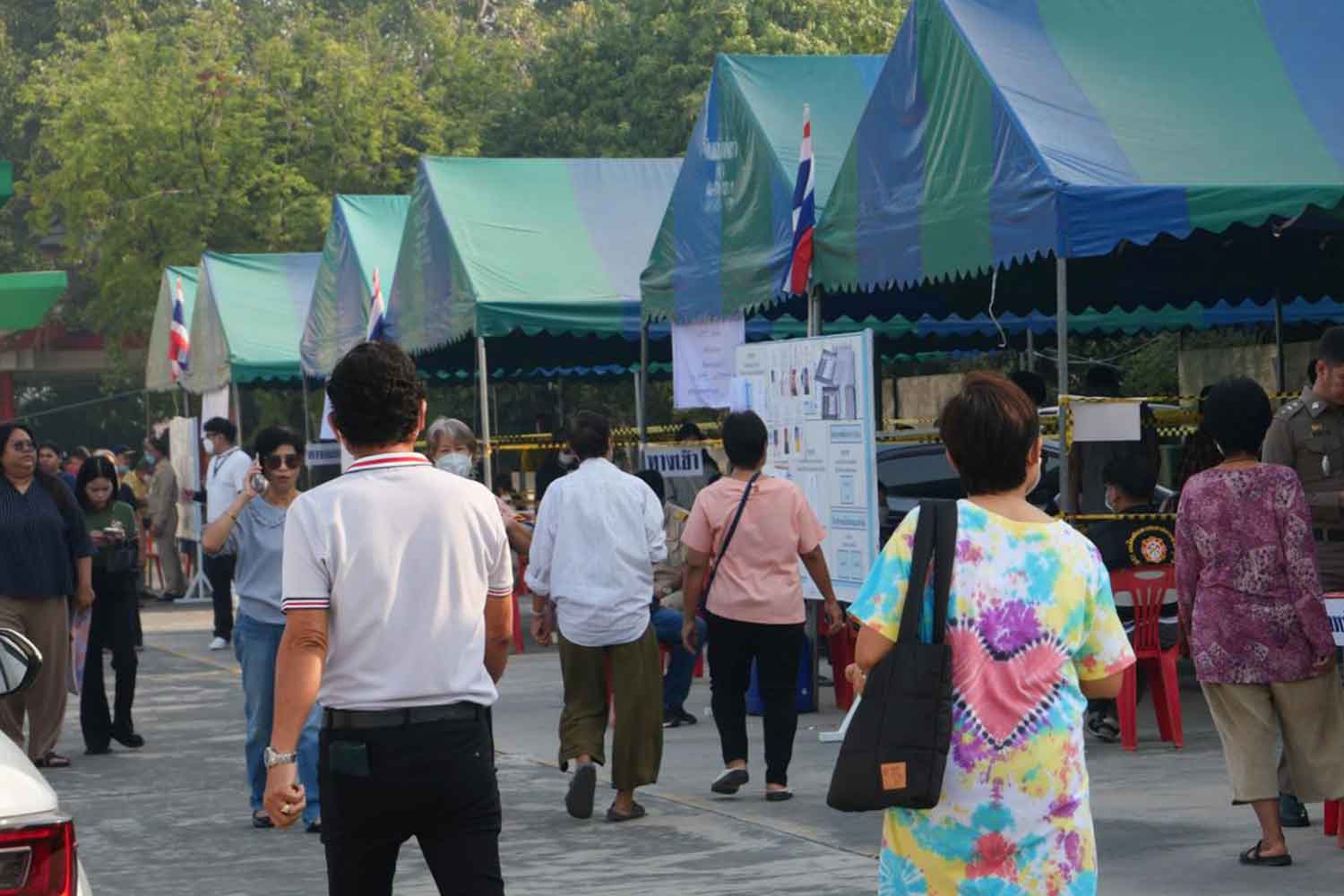Power Disconnection Details
Strategic Locations Affected
The Provincial Electricity Authority (PEA) executed the power cut from its control center in Bangkok at approximately 9 am. The electricity supply was disconnected at five crucial points along the Thai-Myanmar border, including the Second Thai-Myanmar Friendship Bridge-Myawaddy, Ban Huay Muang-Myawaddy, Three Pagodas-Payathongzu, Ban Mueang Daeng-Tachileik, and the First Thai-Myanmar Friendship Bridge-Tachileik.
Government Rationale
Security Concerns and International Pressure
Deputy Prime Minister and Interior Minister Anutin Charnvirakul oversaw this operation, stating that the government’s decision was based on the misuse of electricity in ways that posed security threats to Thailand. The move also came in response to serious requests from the Chinese government, urging Thailand to deny resources to call scam gangs that were harming Chinese citizens.
Impact on Scam Operations
Disrupting Criminal Activities
This power cut is expected to significantly disrupt the operations of scam centers, which have been a growing concern in the region. These centers, often linked to Chinese criminal networks, have swindled billions of dollars and trafficked hundreds of thousands of people from various countries.
International Cooperation
Addressing Cross-Border Crime
Thailand’s action highlights the need for international cooperation in combating cross-border crimes. The Thai Foreign Affairs Ministry will coordinate with the Myanmar government on this matter. Additionally, there are plans to amend previous cabinet resolutions to include regulations that will facilitate the fight against these scams.
Future Implications
Potential Expansion of Measures
As scam operations have been expanding southward along the Thai-Myanmar border, authorities are considering extending similar measures to other areas. This proactive approach aims to curb the growth of these illegal activities and protect potential victims.







